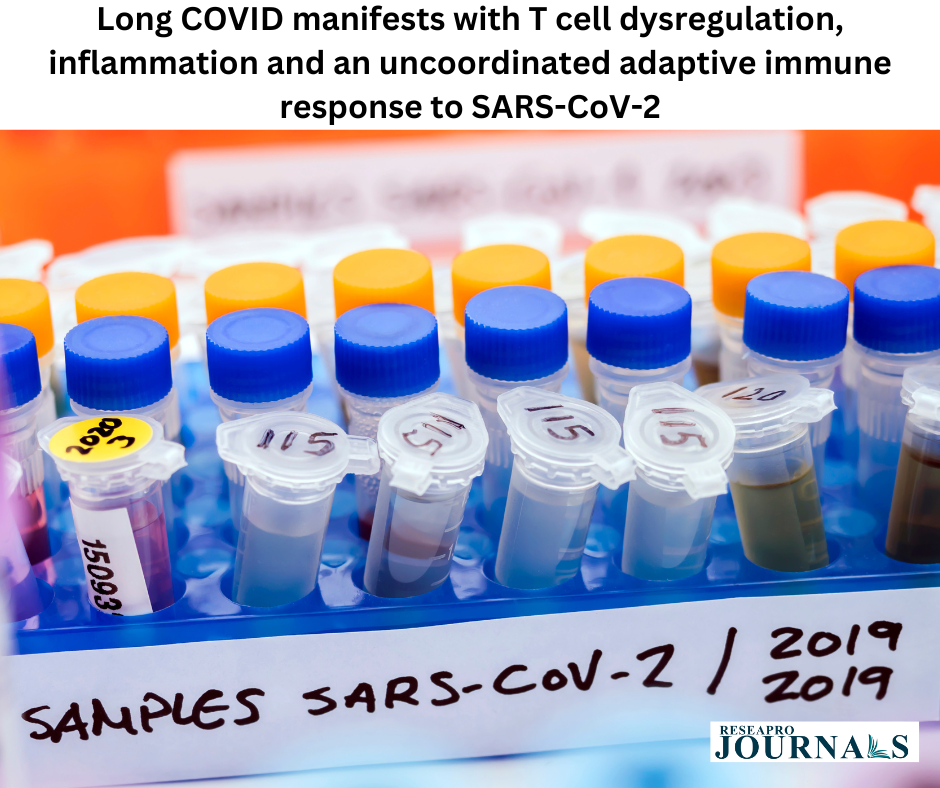|
Getting your Trinity Audio player ready...
|
Long COVID, a debilitating condition affecting around 10% of individuals post-SARS-CoV-2 infection, has posed a significant medical mystery. Characterized by a constellation of symptoms ranging from fatigue and brain fog to chronic pain and organ dysfunction, its cause and treatment remain elusive. However, recent advancements in understanding the immune system’s response to the virus offer promising insights into this complex condition.
The Key Players: T Cells and Their Disarray
T cells, crucial soldiers in the body’s immune army, play a pivotal role in fighting SARS-CoV-2. In Long COVID, however, their deployment seems chaotic. We see:
- T cell dysregulation:┬ĀDifferent types of T cells,┬Āeach with specific functions,┬Āexhibit altered proportions.┬ĀMemory T cells,┬Ācrucial for long-term protection,┬Āshow signs of exhaustion,┬Āwhile overactive inflammatory T cells contribute to persistent inflammation.
- Uncoordinated response:┬ĀThe communication between T cells and other immune cells,┬Āincluding B cells responsible for antibody production,┬Āfalls out of sync.┬ĀThis mismatched dialogue leads to ineffective virus clearance and potentially autoimmunity.
Inflammation: A Double-Edged Sword
Long COVID also exhibits chronic low-grade inflammation, even in the absence of detectable virus. This persistent inflammatory state further contributes to fatigue, pain, and organ damage. It’s a double-edged sword: while necessary for initial virus control, prolonged inflammation becomes self-destructive.
Sex Differences: A Nuance in Immunity
Interestingly, research suggests sex-specific differences in T cell responses. Females with Long COVID exhibit distinct alterations in T cell subsets compared to males, highlighting the crucial role of sex hormones in shaping immune responses.




